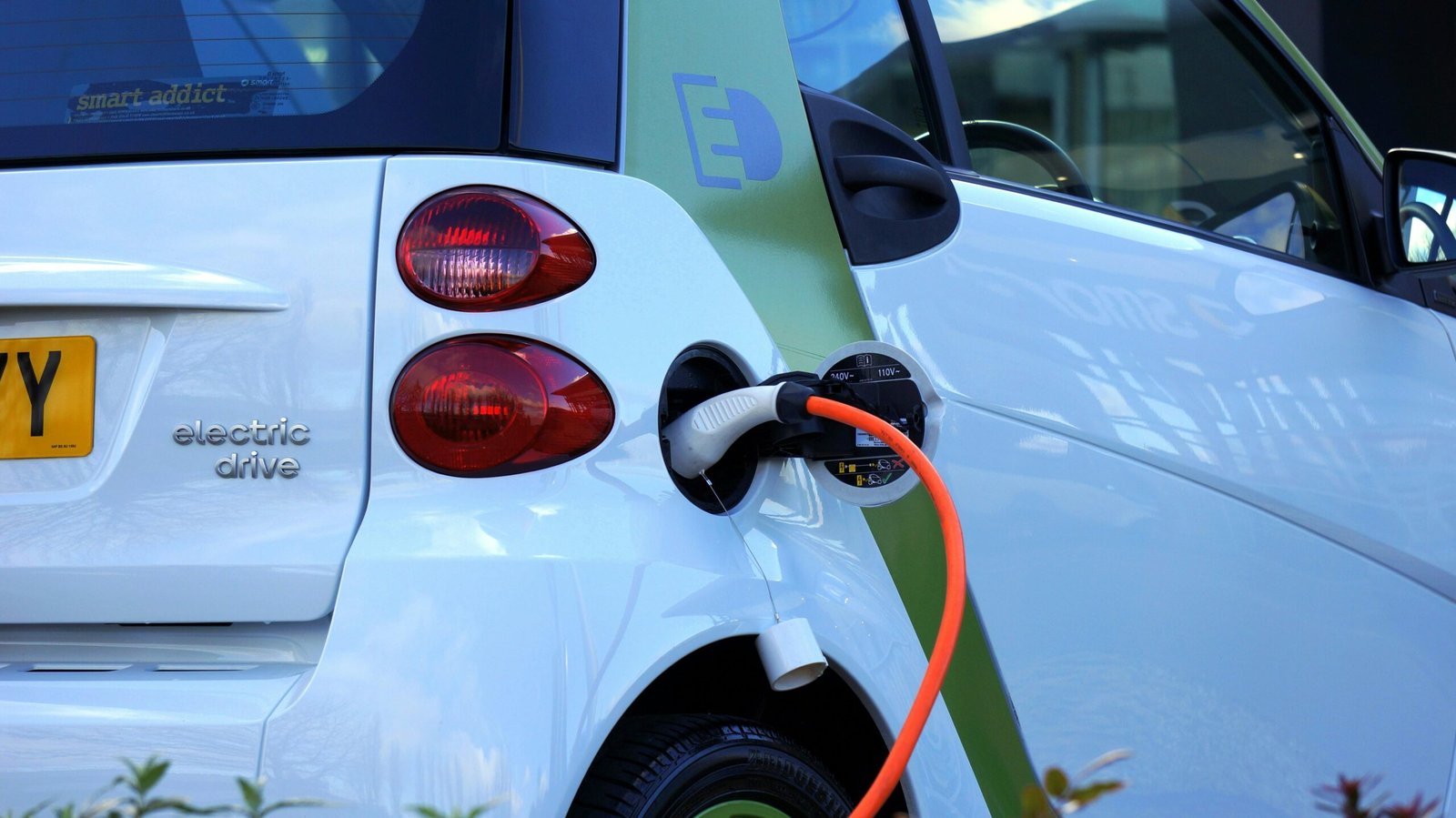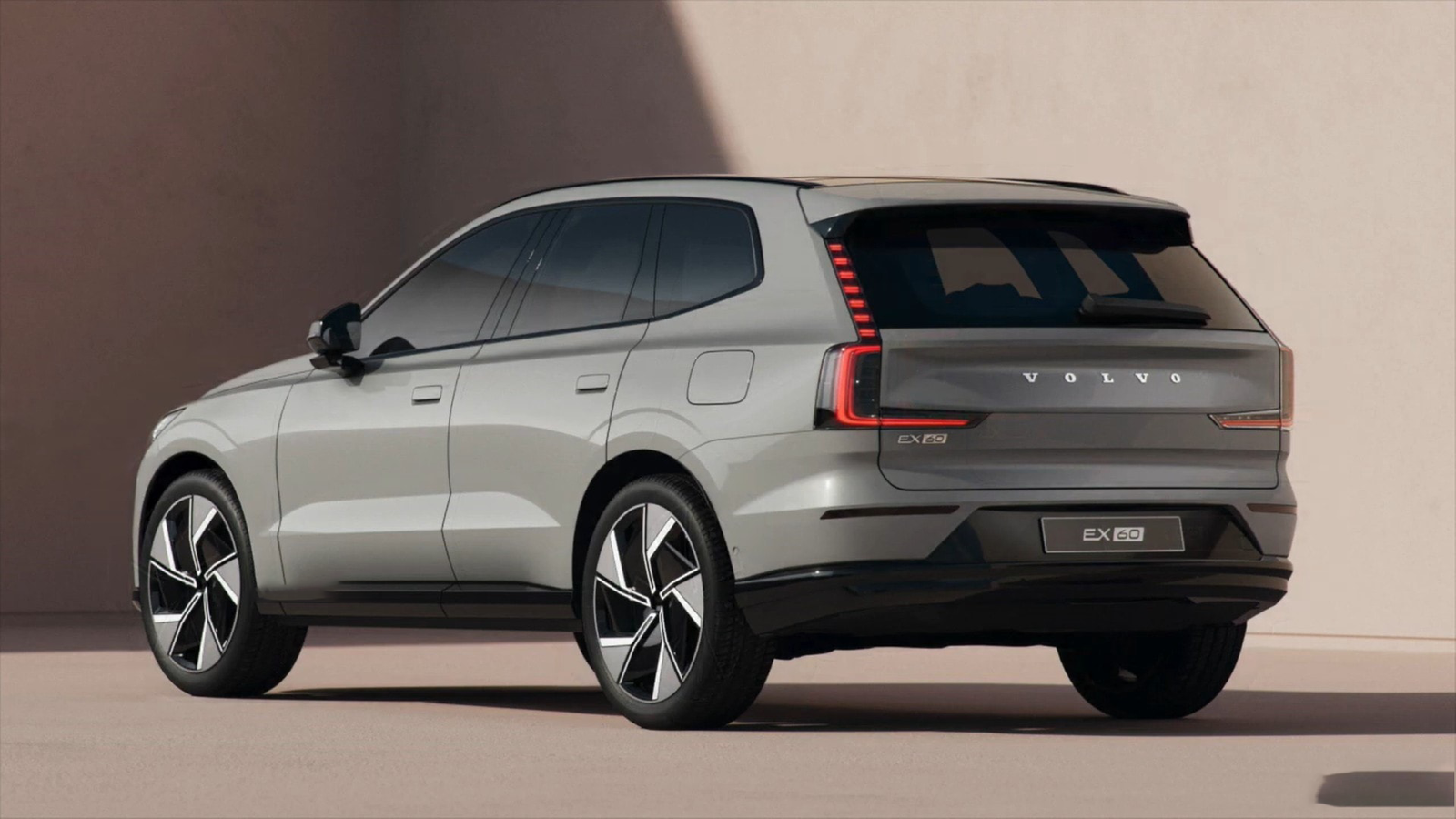In recent years, the automotive landscape has undergone a significant transformation. With the rise of environmental consciousness and advancements in technology, more people are considering alternatives to traditional gasoline-powered vehicles. Two of the most popular options today are hybrid cars and electric vehicles (EVs). But how do you decide which is the better choice for you? In this blog, we’ll delve into the pros and cons of each, consider their environmental impact, cost factors, and lifestyle considerations, and help you make an informed decision.
Understanding the Basics: Hybrid vs. Electric Cars
What is a Hybrid Car?
A conventional internal combustion engine (ICE) and an electric motor are combined in a hybrid vehicle. The electric motor is powered by a battery that is charged by the engine, and sometimes regenerative braking is used. There are two main types of hybrid cars:
- Parallel Hybrid: In this setup, both the engine and the electric motor can drive the car directly. The electric motor usually assists the engine during acceleration and at lower speeds to save fuel.
- Series Hybrid: Here, the electric motor is the primary driver of the car, and the engine is used mainly to generate electricity for the motor.
There are also plug-in hybrid electric vehicles (PHEVs), which have larger batteries that can be charged via an external power source, allowing them to operate on electricity alone for short distances.
What is an electric car?
An electric motor and battery provide all of the power for an electric vehicle, or EV. It does not have an internal combustion engine. EVs need to be charged via an external power source, such as a home charging station or public charging points. The two main types of EVs are:
- Battery Electric Vehicles (BEVs): These are pure electric cars that run solely on electricity stored in a battery.
- Extended Range Electric Vehicles (EREVs): These vehicles have a small ICE that generates electricity to extend the range when the battery is low, but the engine doesn’t drive the car.
Environmental Impact: Which is Greener?
Hybrid Cars
Hybrid vehicles are designed to be more fuel-efficient than traditional gasoline cars, and they produce fewer emissions. By using the electric motor in conjunction with the engine, hybrids can achieve higher miles per gallon (MPG) ratings and reduce greenhouse gas emissions.
However, it’s important to note that hybrids still rely on fossil fuels. While they are cleaner than purely gasoline-powered cars, they don’t eliminate emissions entirely. The environmental benefit of hybrids is significant but not as substantial as that of electric vehicles.
Electric Cars
Electric vehicles have zero tailpipe emissions, making them a far more environmentally friendly option than hybrids or traditional cars. According to the U.S. Environmental Protection Agency (EPA), EVs can reduce overall greenhouse gas emissions by 50% or more compared to conventional vehicles, depending on the source of the electricity used to charge them.
The environmental impact of an EV largely depends on how the electricity used to charge it is generated. In regions where renewable energy sources like wind and solar power are prevalent, the carbon footprint of an EV is significantly lower. Conversely, in areas that rely heavily on coal-fired power plants, the environmental benefits are less pronounced, though still better than those of gasoline-powered cars.
Batteries and Recycling
One of the environmental challenges associated with both hybrids and EVs is the production and disposal of batteries. The extraction of lithium, cobalt, and other materials used in batteries has a significant environmental impact. Additionally, battery recycling is still in its early stages, although advancements are being made to reduce waste and improve sustainability.
Cost Factors: Upfront Costs vs. Long-Term Savings
Purchase Price
Hybrid Cars: Hybrids are generally more expensive than traditional gasoline cars but less expensive than electric vehicles. The price of a hybrid can vary depending on the model and the size of the battery, with plug-in hybrids typically costing more than standard hybrids.
Electric Cars: EVs tend to have a higher upfront cost compared to hybrids and traditional cars, primarily due to the cost of the battery. However, prices have been decreasing as technology advances and production scales up. According to Kelley Blue Book, the average price of an EV in the U.S. was around $55,000 in 2023, but more affordable models are becoming available.
Incentives and Tax Credits
Both hybrid and electric car buyers can benefit from various federal and state incentives. For example, the federal government offers a tax credit of up to $7,500 for the purchase of an electric vehicle, depending on the battery capacity. Some states also offer additional rebates and incentives for EV buyers.
Plug-in hybrids may also qualify for federal tax credits, though the amount is usually lower than that for fully electric vehicles. Traditional hybrids, however, typically do not qualify for federal tax credits.
Operating Costs
Fuel Costs: One of the main advantages of hybrids is their fuel efficiency. The combination of an electric motor and a gasoline engine means that hybrids consume less fuel, resulting in lower fuel costs. For example, the Toyota Prius, one of the most popular hybrid cars, averages around 56 MPG.
Electric vehicles, on the other hand, eliminate fuel costs entirely. The cost of electricity to charge an EV is significantly lower than the cost of gasoline, making EVs cheaper to operate in the long run. According to the U.S. Department of Energy, the cost to drive an EV is about half that of a gasoline-powered car.
Maintenance Costs: Electric vehicles have fewer moving parts than hybrids or traditional cars, which translates to lower maintenance costs. EVs don’t require oil changes, and their regenerative braking systems reduce wear and tear on brake pads. Over time, the savings on maintenance can be substantial.
Hybrids, while still more cost-effective than traditional cars, do have more complex systems, which can lead to higher maintenance costs compared to EVs. However, they are still generally cheaper to maintain than purely gasoline-powered vehicles.
Resale Value
The resale value of both hybrids and electric cars can vary widely depending on factors such as the model, battery life, and market demand. Historically, hybrids have held their value well, particularly models like the Toyota Prius. However, as EV technology improves and becomes more widespread, the resale value of electric vehicles is expected to increase.
Driving Range and Charging Infrastructure
Hybrid Cars
One of the biggest advantages of hybrids is their driving range. Since they rely on both gasoline and electricity, hybrids can travel much farther on a single tank of gas than most electric vehicles can on a single charge. This makes hybrids a more practical choice for long road trips or for those who frequently drive long distances.
Refueling a hybrid is also quick and easy, as it can be done at any gas station. There’s no need to worry about finding a charging station or waiting for the battery to charge.
Electric Cars
The driving range of electric vehicles has improved significantly over the past decade. Modern EVs typically offer ranges between 150 and 300 miles on a single charge, with some models like the Tesla Model S offering over 400 miles. On the other hand, a number of variables, including driving style, climate, and battery age, can impact range.
Charging infrastructure in the U.S. has also expanded rapidly, with over 50,000 public charging stations available as of 2024. However, the availability of fast chargers, which can recharge an EV to 80% in about 30 minutes, varies depending on the region.
For those who primarily drive short distances or have access to home charging, the range of an EV is usually sufficient. However, for long trips or in areas with limited charging infrastructure, hybrids may offer more convenience.
Lifestyle Considerations: Which Fits Your Needs?
Daily Commute
If you have a long daily commute, a hybrid might be the better choice, especially if you don’t have easy access to charging stations. Hybrids offer the flexibility of using gasoline for longer distances while still benefiting from electric power for city driving.
On the other hand, if your commute is short and you have access to charging at home or work, an EV could be more economical and environmentally friendly. Plug-in hybrids could also be a good compromise, allowing you to use electricity for your daily commute and gasoline for longer trips.
Concerns regarding the EnvironmentEnvironmental Concerns
An electric car comes out on top if lowering your carbon footprint is your main concern. EVs are the most ecologically friendly option available since they have no tailpipe emissions and can run on renewable energy.
EVs are more environmentally friendly than hybrids, but hybrids still have advantages over conventional vehicles. If you live in an area with limited access to renewable energy or if you’re concerned about the environmental impact of battery production, a hybrid might be a more balanced choice.
Budget
Your budget will play a significant role in determining whether a hybrid or an electric car is the better choice. If you’re looking for a more affordable option with lower upfront costs, a hybrid might be the way to go. However, if you’re willing to invest more upfront for long-term savings on fuel and maintenance, an EV could be the better option.
Consider the total cost of ownership, including purchase price, incentives, fuel costs, maintenance, and resale value, to determine which option fits your financial situation.
The Future of Hybrids and EVs in the U.S.
The future of the automotive industry is undoubtedly electric. Numerous automakers have declared their intention to gradually replace internal combustion engines with electric vehicles. The Biden administration has also set ambitious targets to have 50% of all new vehicle sales be electric by 2030, with significant investments in charging infrastructure and renewable energy.
As battery technology continues to improve and economies of scale drive down costs, electric vehicles are expected to become more accessible and affordable for a broader range of consumers. In the meantime, hybrids offer a practical stepping stone for those who aren’t quite ready to





This post has been incredibly helpful in clarifying a lot of the questions I had. Thank you for providing such clear and concise information.